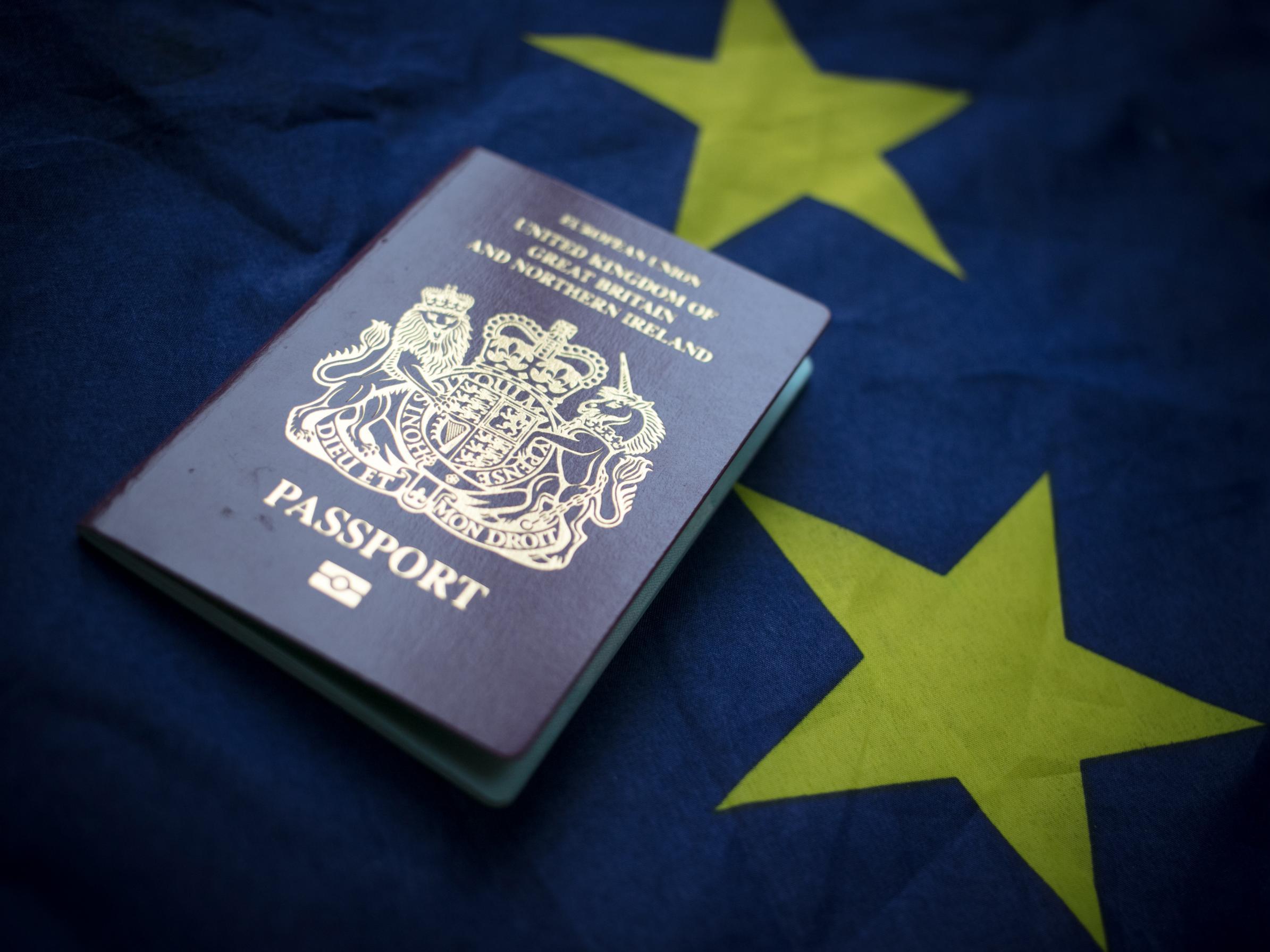Even visa-free European holidays are not enough to make up for the rest of today’s Brexit shambles
Among other things, the end of free movement of labour means that the British will no longer be able to work in the EU, and vice versa, without permission

So little good news emerges from the Brexit fiasco that even the smallest hope that what we once took for granted will be preserved in future is seized upon as though it were the biggest diplomatic breakthrough since Nixon went to China.
So it is, then, with the British tradition of an impromptu weekend romantic break in Paris. The European Union has graciously agreed that UK citizens will be free to travel throughout the EU, and indeed the wider Schengen area and its associates. That means that British tourists will be free to visit the usual EU destinations, plus Switzerland, San Marino, Monaco, Iceland or Norway – all fine spots for holidaymakers. Reciprocal privileges have been offered by the UK to European Union citizens.
Of course the end of free movement of labour means that the British will no longer be able to work in the EU, and vice versa, without permission; and British residents in the EU may not enjoy the same protections as they do today (for example on property taxes). Still, at least it is something.
That, however, is the limit of the glad tidings. Perhaps ominously, perhaps just clumsily, that same European Council declaration also referred to Gibraltar by the archaic term “colony”, and repeated the fact that the sovereignty of this UK overseas territory is disputed with Spain.
If nothing else, that reference should remind bullish Leavers that the prime minister’s mission to renegotiate her own UK-EU withdrawal treaty might well invite other EU member states to reopen some issues of their own.
Indeed, Theresa May, before her most recent U-turn, indicated to the Commons that if the UK wished to renegotiate the treaty, other member states, such as Spain, might equally want to take the opportunity to revisit their previous commitments. The Gibraltar issue was only settled by a last-minute diplomatic scramble and exchange of letters at the end of the last set of talks.
So even if Ms May succeeded in dissolving the Irish border issue, she might inadvertently reignite the controversy about Gibraltar’s future relationship with the EU. Usually neglected, but always arousing passionate feelings, Gibraltar has the potential to seriously delay and disrupt the Brexit talks. It means, in fact, that a postponement of Brexit and an extension of Article 50 is inevitable.
The news that Nigel Farage is setting up a new political party is almost a footnote in such circumstances. Mr Farage was once, it is fair to say, a power in the land. But even fielding 200 candidates and with £1m behind him, his future success looks far from secure. Since his resignation as leader of Ukip, and then from Ukip altogether, he and his successor Gerard Batten have grown increasingly apart. To his credit, Mr Farage dislikes Mr Batten’s burgeoning relationship with Tommy Robinson, and the drift of Ukip away from being a neo-Thatcherite crusade to being a more crudely nativist grouping.
If, as would seem likely, Mr Farage runs candidates against Ukip, and against pro-May Conservatives, the results could be chaotic, but would probably split the Leave vote, and take more votes from the Conservatives than Labour, with the obvious consequence of making a Corbyn government more likely. Such is the Westminster system’s capricious habit of delivering the law of unintended consequences to those who seek to challenge it.
That, though, is to posit a general election that may not come before Brexit is over. At that point, such political differences about what kind of Brexit the nation prefers – or indeed if it prefers one at all – will have been overtaken by events. There will be political casualties; but, if Brexit does go ahead in any form, the economic damage will be unprecedented in peace time.
Assuming Brexit does happen, in the 2020s it will be the economic consequences of Brexit – protracted recession or depression – that will frame political argument and choices, rather than Brexit itself.

Join our commenting forum
Join thought-provoking conversations, follow other Independent readers and see their replies